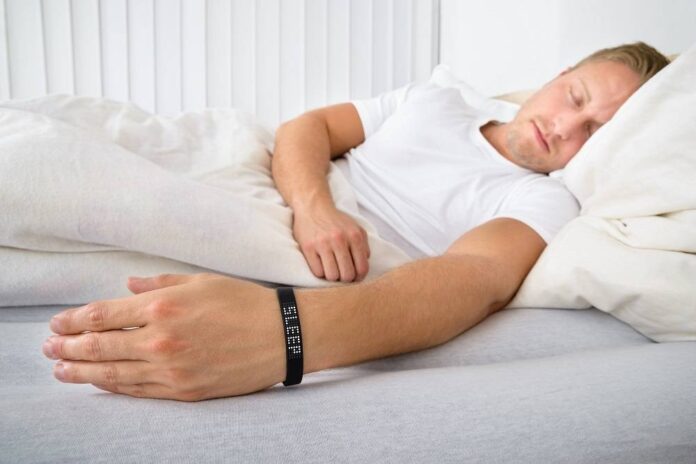Smart devices could contribute to insomnia. — ETX Studio pic
Follow us on Instagram, subscribe to our Telegram channel and browser alerts for the latest news you need to know.
PARIS, Nov 15 — Are you so obsessed with the quality of your sleep that it’s giving you sleepless nights? Then you may be suffering from orthosomnia.
This sleep disorder can be exacerbated by wearables and other Internet of Things (IoT) devices.
Perfect is the enemy of good. This saying, well known to startups in search of efficiency, is also applicable to sleep. Indeed, in the age of sleeptech, analysis tools are legion.
With applications, smart alarm clocks, watches and connected headphones, everything is measured, timed, quantified and calculated. But by dint of wanting to control your sleep, you could end up creating the opposite effect, to the point of actually losing sleep. Researchers have given this phenomenon the name orthosomnia.
A contraction of the Greek word “ortho,” meaning “straight” or “correct,” and “somnus,” which means sleep, orthosomnia is the obsessive search for a “perfect” night’s sleep, with no nightmares or insomnia. Specialists were inspired by the term orthorexia, which describes people who are obsessed with a healthy diet.
This obsessive quest for the “perfect” night’s sleep can directly affect the orthosomniac’s behaviour throughout the day.
According to a study published in the Journal of Clinical Sleep Medicine in 2017, it can make a person irritable, and cause memory and concentration problems. These symptoms appear only when the user is unhappy with the sleep data provided by their connected device.
If the question of the origin of this disorder still needs to be studied, specialists advise people to distance themselves from the results of sleep trackers. Indeed, the latter rarely have scientific or medical approval.
If you suffer from this condition, sleep specialists advise going “back to basics” and focusing on your own feelings and impressions.
Have you slept enough? In a good position? If these sleep problems persist, it may be helpful to consult a specialist such as a hypnotherapist. — ETX Studio


